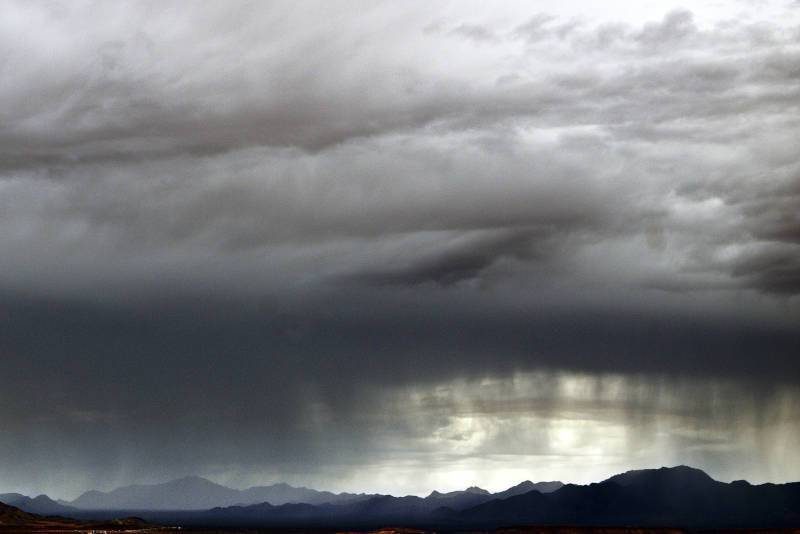Joe Biden quoted Pope John Paul II, who quoted words from Scripture: “Do not be afraid.” I became interested in how many times that phrase is used in the Bible and did a search. I found that it is used 68 times, 76 if the Apocrypha is included. Mostly, this phrase is a word of the Lord spoken through a prophet or in a vision or a dream. These words are also on the lips of Jesus. What is apparent from the occurrences of this phrase is that most often our fear is a fear of others or a fear of an individual with power:
Be strong and of good courage. Do not be afraid or dismayed before the king of Assyria and all the horde that is with him; for there is one greater with us than with him.
2 Chronicles 32:7
Do not be afraid of them, for I am with you to deliver you, says the Lord.
Jeremiah 1:8
In this time of the COVID-19 pandemic and the racism pandemic that spans our nation’s history, along with the absence of leadership, we need these words. We need to hear God speak these words to us. We cannot speak them to ourselves. When we mutter them, often over and over again, they are generally our attempt to repress our fear or to deny what is happening around us and to us.
When these words are a word of God to us, they are a call to trust in God, no matter what we face. When it is God who says to us, “Do not be afraid,” we are helped. These words free us for action, for doing God’s will.
Left to ourselves, without trust in God, fear either immobilizes us or has us lashing out. Fear of losing the “traditions of his ancestors” had Paul persecuting the followers of Messiah Jesus. An encounter with the risen Jesus turned his life around. He began to operate from the call of God rather than from his self-made righteousness and anger. He was open to hearing God say to him, “Do not be afraid.”
“One night the Lord said to Paul in a vision, ‘Do not be afraid, but speak and do not be silent.'” (Acts 18:9) Paul was in Corinth, at the time, where a community of Jesus followers was being formed. Paul needed these words of the Lord. In his first letter to the church in Corinth, we learn of his emotional state when he came to Corinth: “I came to you in weakness and in fear and in much trembling.” Considering what he had already been through, it is not surprising that he came to the city of Corinth in fear and trembling. In Philippi, he had been beaten with rods and imprisoned, and he was driven out of Thessalonica and Beroea. He kept finding himself in, what John Lewis called, “good trouble.” Although it was good trouble (or God trouble), it nevertheless was trouble, and as he approached Corinth, he had every reason to expect conflict. So it was that he came in fear and trembling. That he came despite his fear had to do with the call of God upon his life. As Paul pursued the mission God had given him, he received God’s encouragement to “speak and do not be silent.” God was with him for the work he was to do in that place.
God’s message, “Do not be afraid,” comes to us when we are responding to God’s call, a response that brings liberation and healing to some, but reaction and trouble from others. When we have decided, by the grace of God, to come out of our comfort zones to respond to the needs of others, God says, “Do not be afraid.” When, in response to God’s call, we turn away from racism and prejudice and fear of the other to welcome the refugee, feed the hungry, shelter the homeless, visit the sick and those imprisoned, the words, “Do not be afraid,” give us courage.
We cannot separate the message, “Do not be afraid,” from the speaker. Our fear of a virus or of others will not be removed by telling ourselves not to be afraid, but by turning to God and away from xenophobia, racism, and self-absorption, trusting the whole of our lives to God.
It is to those who are actually following him, responding to his call, that Jesus says, “Do not be afraid, little flock, for it is your Father’s good pleasure to give you the kingdom.” (Luke 12:32) To the “little flock” who are losing their lives for Christ’s sake and the gospel, Jesus says, “Do not be afraid.”
We, who are coming to find our true selves in God and beginning to live in love, know that we are to “speak and not be silent.” We are to protest injustice and work to make right what is wrong. In the face of opposition, God speaks a message of encouragement to us. “Do not be afraid” is a word that frees us for the steps God calls us to take in bearing witness to God’s reign of love. In trusting obedience to God, we are freed to do justice, love mercy, and live faithfully.
